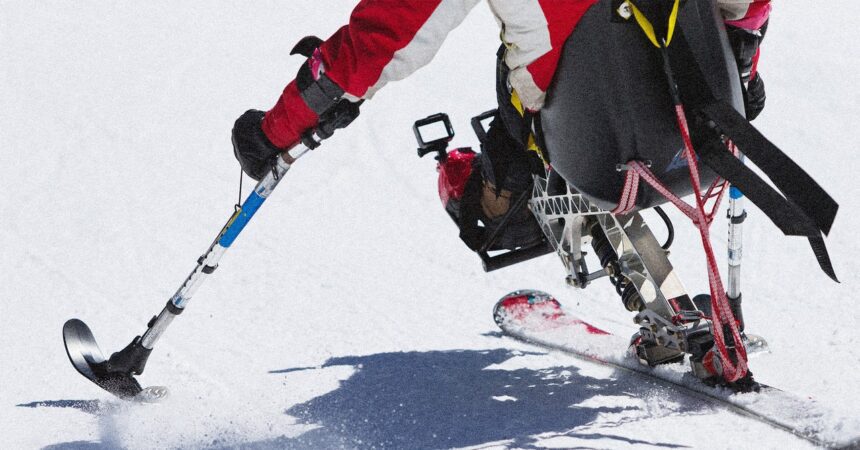faces challenges due to disabilities that prevent him from walking or speaking, making participation in activities difficult. A couple of years ago, however, I was delighted to discover a range of adaptive skiing options. For instance, individuals with disabilities can rent or purchase equipment such as outriggers and braces to aid in managing their speed and balance on the slopes. For those requiring additional support, like my son, there are sit-skis available, allowing them to glide through the snow under the guidance of a trained professional. Witnessing my son ski down the mountain with a huge smile was a heartwarming experience.
Since that time, I’ve become eager to explore how my son and our entire family can enjoy the slopes together. Recently, I learned that numerous programs across the United States offer adaptive skiing experiences. Continue reading to find out more.
In the Northeastern US
For over 37 years, Vermont Adaptive Ski and Sports has engaged with individuals across a spectrum of disabilities at several sites in Vermont, powered by more than 400 volunteer instructors. Participants can register for either a half-day lesson ($100) or a full-day lesson ($150), both of which come with a lift ticket, adaptive equipment, and instruction. Importantly, they never deny service based on financial constraints, offering scholarships and a sliding scale fee system for those in need. To get started, visit their website and fill out a profile so the team can tailor their support to your skier’s needs.
“Our program is highly customized to accommodate the needs of individuals and their families,” shares Kim Jackson, marketing director at Vermont Adaptive. “We assess each person’s unique requirements and determine what adaptations are necessary to allow them to enjoy activities like canoeing or skiing.”
Participants also receive a companion ticket, allowing a friend or family member to ski alongside them. Alternatively, the trained staff and instructors can provide support on their own. Depending on where the lesson takes place, observers can watch from the bottom of the slope or partake in their own lesson at the ski school of the host resort.
“Our philosophy centers around dismantling barriers to outdoor access,” Jackson explains. “We aim to create an inclusive environment and equal opportunities for everyone. Approximately 13 million individuals with disabilities live within a five-hour drive of Vermont.”
Further South
In West Virginia, Challenged Athletes of West Virginia provides adaptive skiing opportunities for people with disabilities every day of the week. This nonprofit has focused on adaptive sports since 1996. Their Silver Creek site, located apart from the main ski area, offers sessions ($80 each) that include a lift ticket and adaptive equipment, or you can opt for a three-session package for $200.
The organization caters to a wide array of disabilities. For individuals with leg amputations, both three-track and four-track skiing options are available, utilizing outriggers for support. “For those who can stand but require extra assistance, we have equipment that connects their ski to an instructor, allowing them to create what’s called a pizza wedge to slow down if they lack full control,” explains Carol Woody, executive director at Challenged Athletes of West Virginia. “This shape helps them reduce their speed.”










